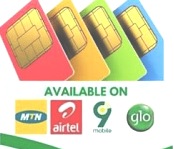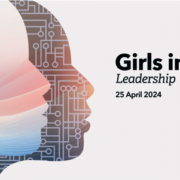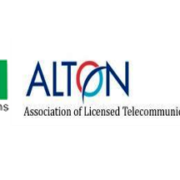As at April 2021, the Nigerian government announced that over 51 million Nigerians have been registered for the National Identification Number (NIN); and these have been mostly synced with the owners’ Subscribers Identification Modules (SIMs) as mandated by law.
It has been a long march since May 2020 when only a little above 41m Nigerians had their NIN and about 37 million were already as at October 2019 with over 30 million National ID cards issued.
Since December 2020, the enrolment has gathered momentum with government insisting with deadlines that all citizens and legal residents must have their NIN; and all active mobile phone SIM cards must be synchronised or linked with the NIN of phone users.
Nigeria’s population is over 206 million as at mid-2020, the largest in Africa, and as the UNICEF predicts, births in the country will represent 10% of the world’s total births by 2050.
The question has remained how does Africa’s most populous country deploy a digital identity programme able to accurately provide statistical data on its citizens for the purpose of planning and security?
While there has been no shortage of technology solutions to deploy, there has been absence of willpower and dearth of clear-cut policy drive to achieve a functional national digital ID programme as well as provisioning of a central database for all citizens data to enhance national security and strategic economic planning.
But in December 2020, the National Identity Management Commission (NIMC), the statutory agency charged with managing citizens data, took on a more aggressive approach to ensuring citizens register for their NIN.
Transferred from the presidency where it was once domiciled to the Ministry of Communications and Digital Economy, the Nigerian government signalled a new and bolder approach making it mandatory for citizens to have their SIM cards linked with their NIN or else have their ability to make or receive calls shut down.
Also, now enforced was the requirements to present NIN before major activities could be effected including opening a new bank account, getting an international passport, procuring a driver’s license or even writing the University Matriculation Examinations.
NIN is here to stay. NIN-SIM linkage has become non-negotiable. A new national life driven by data gathering with citizens identification is quietly and mandatorily evolving after over two decades on a sluggish lane.
What changed? A demonstration of willpower to enforce government’s policy thrusts for which the minister and his team at the Ministry of Communications and Digital Economy must take credit.
The merits of NIN are numerous and strategic. NIN allows government to verify individual’s identity; enables citizens to access government welfare benefits; allows for easier bank account opening and other financial transactions including getting low rate loans; offers the individuals the opportunity to obtain their enhanced e-passports, drivers licences among other government services.
Also, NIN enables the government to manage the new and existing Retirement Saving Accounts (RSA) and allow an individual to access to credit facilities.
In a second phase of the NIN process, it is expected that complementary applications such as a drivers’ license or e-services, including eVoting, eHealth, or eTransport, among others will be seamlessly implemented allowing government and citizens to operated in a digitally integrated space.
The condition is to have easily verifiable and retrievable captured information of citizens and residents from the National Identity Database
There is no doubt that since December 2020, and in spite of the hiccups, Nigeria has demonstrated rare determination to achieve its digital destiny as expected of all nations in the 21st century.
EDITORIAL NOTES































